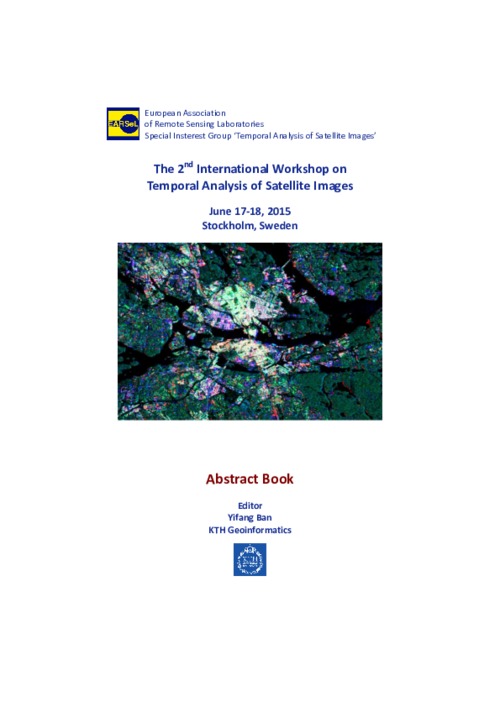Resource information
Paddy rice agriculture affects food supply, climate, water, biodiversity, and ecosystems. It varies substantially over time and space, for example, continuous expansion in northeastern China and rapid loss in southern China in the past decades. However, no maps at fine spatial resolution (e.g., 30-m) are available to document and illustrate the spatial patterns and temporal dynamics of paddy rice planting areas in China. We recently developed an automated, Landsat-based paddy rice mapping system (RICE-Landsat) that uses time series Landsat images and a pixel- and phenology-based algorithm to identify and map paddy rice planting areas. The algorithm is built upon the unique spectral properties of paddy rice during the flooding, transplanting and early part of vegetation growth phases, during which periods the rice paddy field is essentially a mixed pixel of water and green plants with open canopy. In addition, we also used MODIS land surface temperature data and/or air temperature data to define the thermal growing season, which is then used to select appropriate Landsat images in the data analysis. In this presentation, we will introduce the RICE-Landsat processing system, and showcase its applications in tracking the dynamics of paddy rice planting areas in northeastern China over the period of 1986-2015. Our presentation will cover additional case studies beyond the recent publication (Dong et al., 2015, Remote Sensing of Environment).


